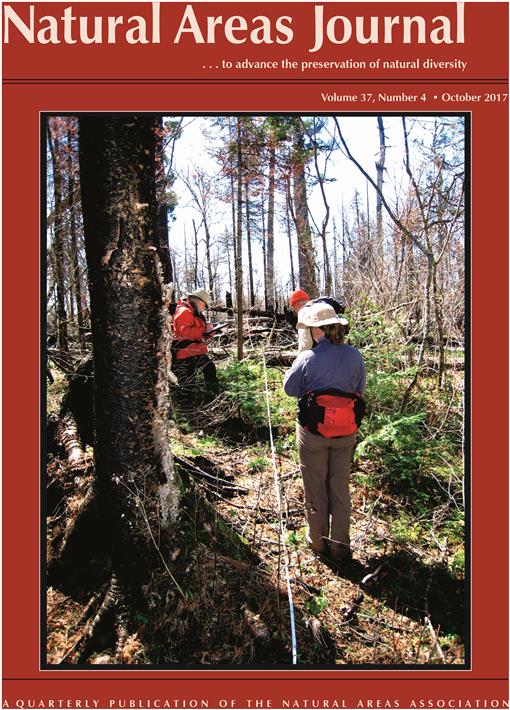We present a case study of the Little Traverse Conservancy (LTC) of Harbor Springs, Michigan, as an example of a contemporary land trust. Land trusts are community-based organizations that rely on both economic and social incentives to acquire and monitor lands. Our objective is to define criteria that make land trusts successful and effective. This case focuses on the accomplishments, structure, and challenges of LTC as well as its partnerships with private organizations and local and state governments. Research shows that there are often gaps in the effectiveness of conservation efforts involving land trusts. For organizations such as LTC, these gaps must be addressed for land trust operations to prosper into the future. We finish by proposing an applied research protocol to improve ecological and sociopolitical knowledge about the workings of LTC and, by corollary, other similar land trusts.
How to translate text using browser tools
1 October 2017
Conserving Nature through Land Trust Initiatives: A Case Study of the Little Traverse Conservancy, Northern Michigan, USA
Kathryn N. Braddock,
Joel T. Heinen

Natural Areas Journal
Vol. 37 • No. 4
October 2017
Vol. 37 • No. 4
October 2017
conservation easements
land trusts
Little Traverse Conservancy
Michigan
stewardship




